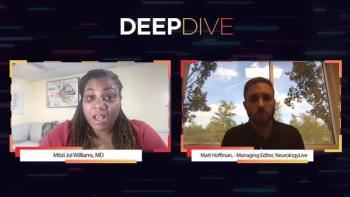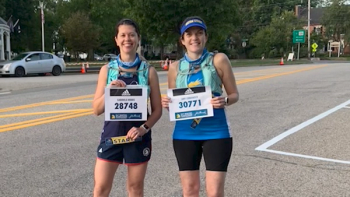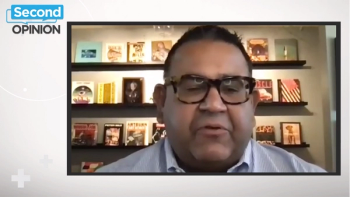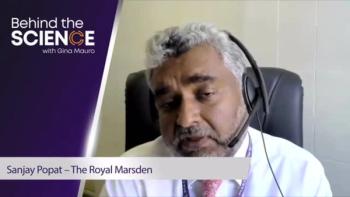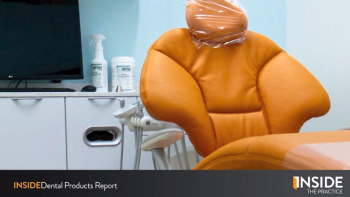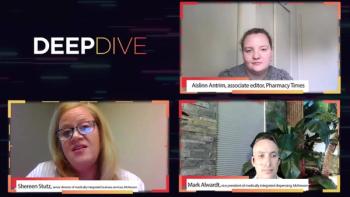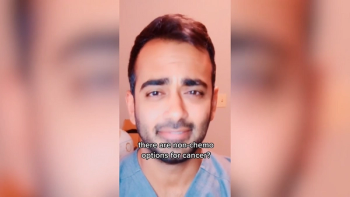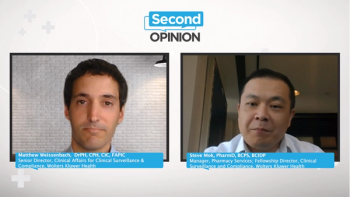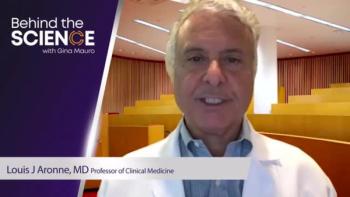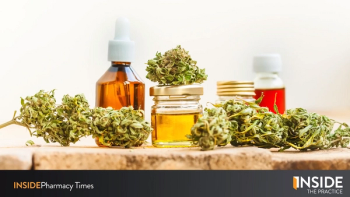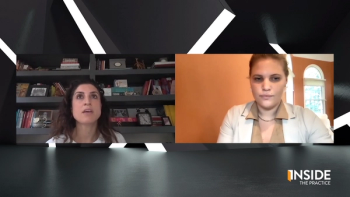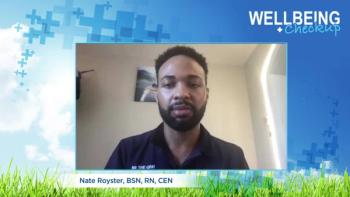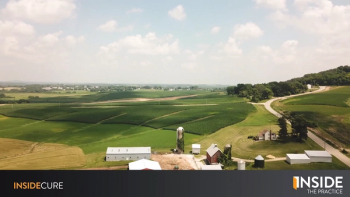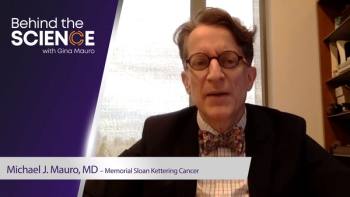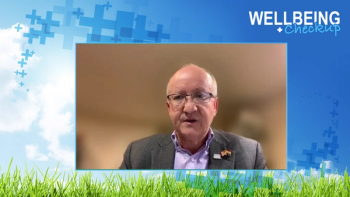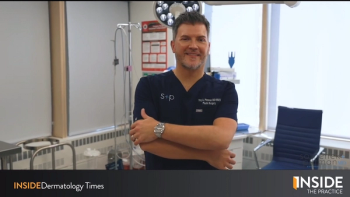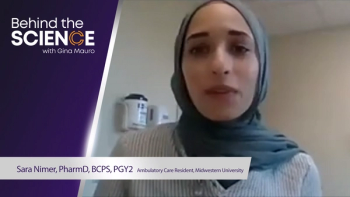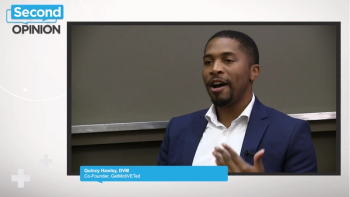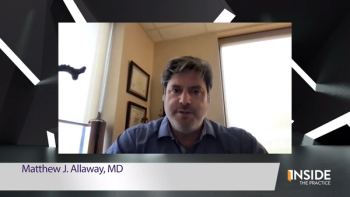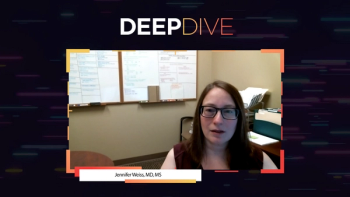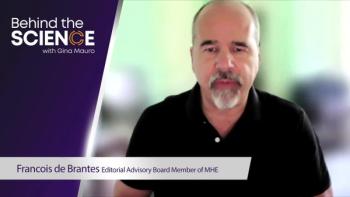Dr. Mark Lebwohl takes us on a deep dive into the recent delay in approval of Janus kinase (JAK) inhibitors by the FDA. The delay comes from the FDA’s recently completed review of tofacitinib, a first-in-class JAK inhibitor approved to treat arthritis, which started in February of 2021, after the FDA issued a warning for heart-related problems and possible malignancies associated with the drug. Now, the FDA has put a hold on approval of all other JAK inhibitors and has issued a black box warning to certain JAK inhibitors currently on the market. Some of the JAK inhibitors for dermatologic conditions on hold include baricitinib, abrocitinib, and upadacitinib. In this interview with Dermatology Times Associate Editor Morgan Petronelli, Lebwohl discusses the delay, as well as the benefits of JAK inhibitors for inflammatory skin diseases and his prediction for the future of this drug class.


